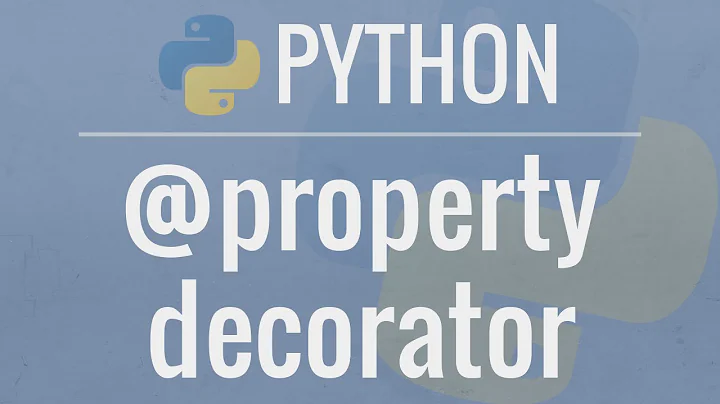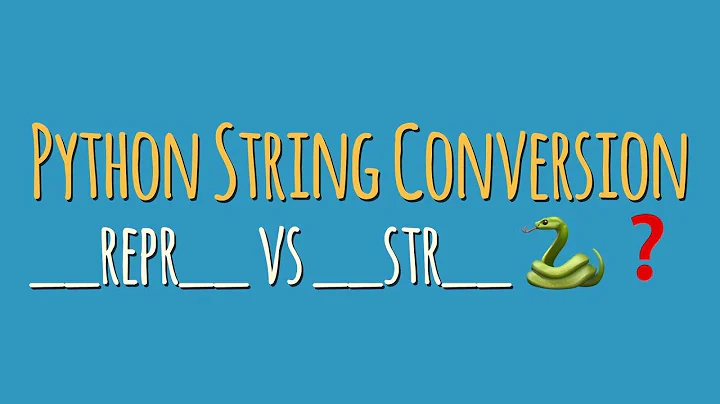Using __str__() method in Django on Python 2
Solution 1
To keep the code compatible between py2 and py3, a better way is to use the decorator python_2_unicode_compatible.
This way you can keep the str method:
from django.db import models
from django.utils.encoding import python_2_unicode_compatible
@python_2_unicode_compatible
class Question(models.Model):
# ...
def __str__(self): # __unicode__ on Python 2
return self.question_text
@python_2_unicode_compatible
class Choice(models.Model):
# ...
def __str__(self): # __unicode__ on Python 2
return self.choice_text
Reference: https://docs.djangoproject.com/en/1.8/topics/python3/#str-and-unicode-methods
Django provides a simple way to define str() and unicode() methods that work on Python 2 and 3: you must define a str() method returning text and to apply the python_2_unicode_compatible() decorator.
...
This technique is the best match for Django’s porting philosophy.
Solution 2
Yes you can, you just replace __str__ with __unicode__, as the comment states:
class Question(models.Model):
# ...
def __unicode__(self):
return self.question_text
class Choice(models.Model):
# ...
def __unicode__(self):
return self.choice_text
Further down that section you'll find a bit of explanation:
__str__or__unicode__?On Python 3, it’s easy, just use
__str__().On Python 2, you should define
__unicode__()methods returning unicode values instead. Django models have a default__str__()method that calls__unicode__()and converts the result to a UTF-8 bytestring. This means thatunicode(p)will return a Unicode string, andstr(p)will return a bytestring, with characters encoded as UTF-8. Python does the opposite: object has a__unicode__method that calls__str__and interprets the result as an ASCII bytestring. This difference can create confusion.
The question_text and choice_text attributes return Unicode values already.
Related videos on Youtube
Comments
-
 bhavya 8 days
bhavya 8 daysI am Learning Django using the Django project tutorial. Since I use python 2.7 I am unable to implement the following in python 2.7:
from django.db import models class Question(models.Model): # ... def __str__(self): # __unicode__ on Python 2 return self.question_text class Choice(models.Model): # ... def __str__(self): # __unicode__ on Python 2 return self.choice_text-
 neosergio about 6 yearsAccepted answer should be that one from @alfetopito, because that technique is the best match for Django’s porting philosophy.
neosergio about 6 yearsAccepted answer should be that one from @alfetopito, because that technique is the best match for Django’s porting philosophy.
-
-
RompePC over 5 yearsI just passed along this post, and I think will be nice to note that you can make a recursion depth exception if you try to use a child
__str__that calls its parent's__str__with that decorator. Something to be aware of. Sorry for the necro.

